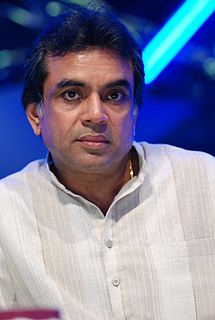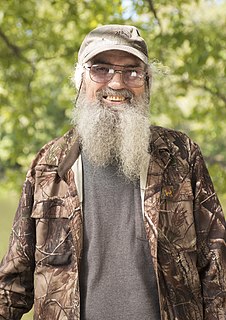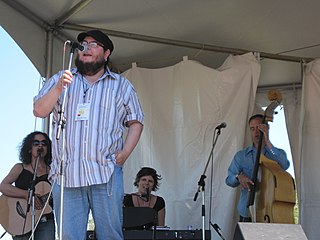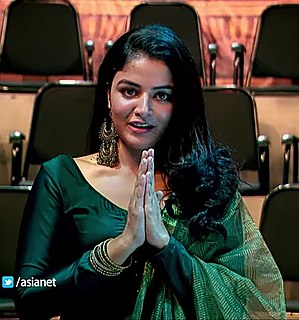A Quote by Paresh Rawal
Criticism is okay from people who know the finer points of cinema.
Related Quotes
I don't know what to say to people. It's become so big. It's become part of the cultural environment. For the first and second Twiglight, I knew exactly what to say to people. If you don't know what the story is by now, then you've probably never been to the cinema before. How about, "Why not go to the cinema for once?" I don't know.
Someone once told me that the finer points of devotion are about the size of a pinhole, and there are millions of them. And if you could connect each dot, then you’ve got a diagram of what you think you thought you knew, and if you’re willing to admit that you know nothing…you have the blueprint for a breakthrough.
I don't have a very high opinion, actually, of the world of criticism - or the practice of criticism. I think I admire art criticism, criticism of painting and sculpture, far more than I do that of say films and books, literary or film criticism. But I don't much like the practice. I think there are an awful lot of bad people in it.
It is important to know that criticism is a natural part of life and speaking out, and to know that a certain amount of the criticism you receive may have nothing to do with you, your argument, or the way you are articulating yourself. Some criticism online and in the physical world is neither constructive, nor balanced or intelligent. Some of it is abuse.



































